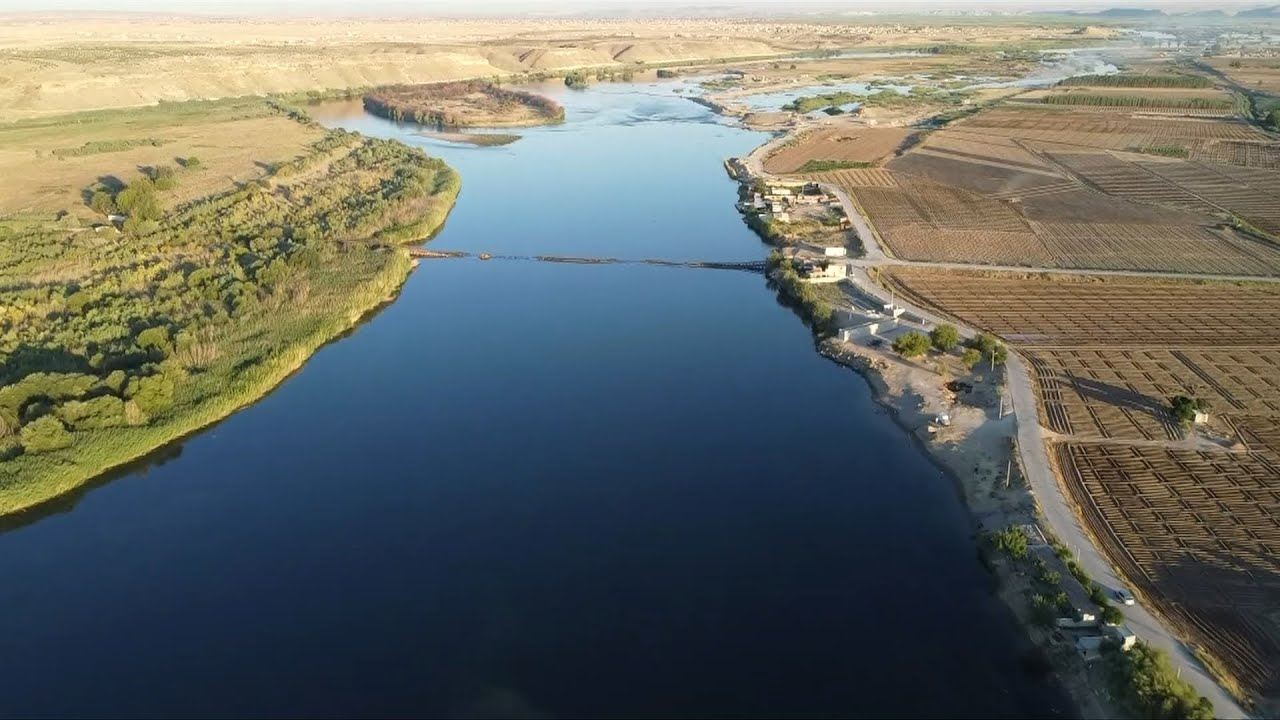Water Coordination Between Syria, Iraq, and Turkey: A Historic Opportunity to Solve the Euphrates River Crisis

The Euphrates River, which originates in Turkey and flows through Syria and Iraq, has always been a source of tension among the three countries due to Turkish dams (such as the Atatürk Dam) that have reduced water flow to the two southern countries.
Unbalanced agreements (1987 and 1989) that did not sufficiently respect the shares of Iraq and Syria. The previous political polarization between the governments of Baghdad and Damascus hindered any effective coordination.
The current discussions include reviving old agreements and discussing the implementation of the 1987 and 1989 agreements with amendments suitable for the current situation. Joint monitoring mechanisms will be established where technical teams will be formed to measure water flow at the Jarablus station on the Syrian-Turkish border. Monitoring devices will be updated to ensure transparency in the distribution of shares.
This agreement comes at a time when the political map has changed, as the fall of Assad's regime in 2024 opened a new door for Syrian-Iraqi relations, especially with the rapprochement of the two new governments. Economic pressures and the escalating drought in Iraq and Syria make water a top priority.
If the three parties reach a consensual formula, it could serve as a model for regional integration in other files. The current discussions represent a golden opportunity to overcome decades of conflict over water resources. If successful, it could transform the dynamics of relations among the three countries.